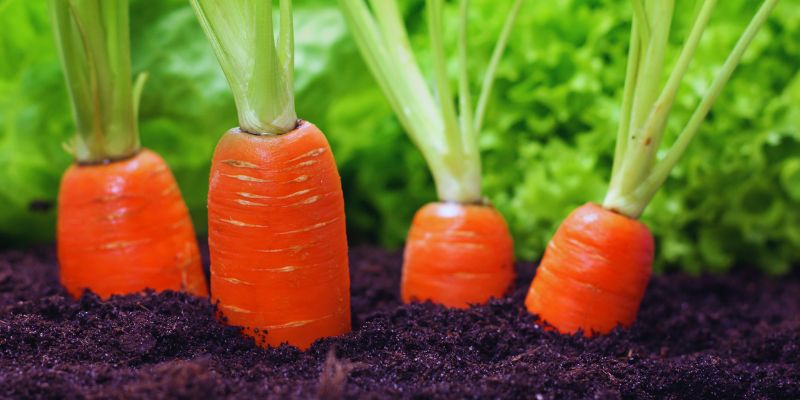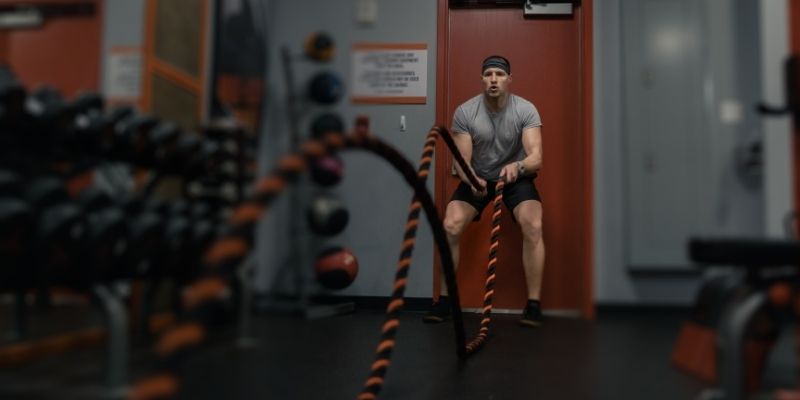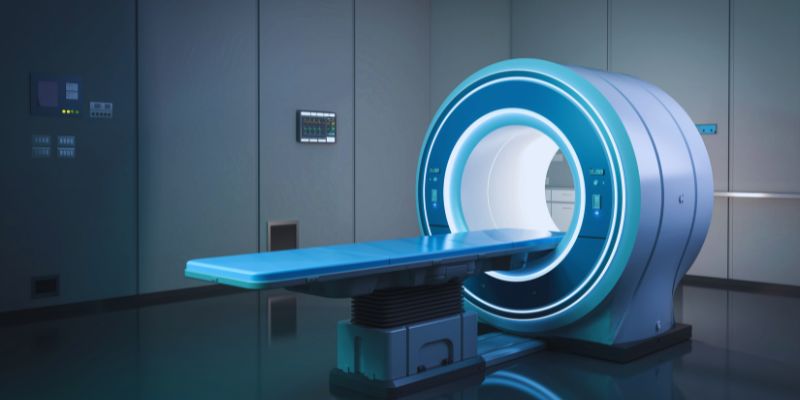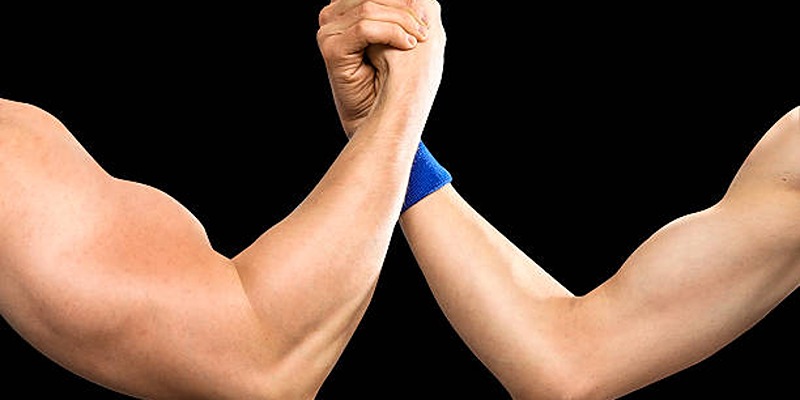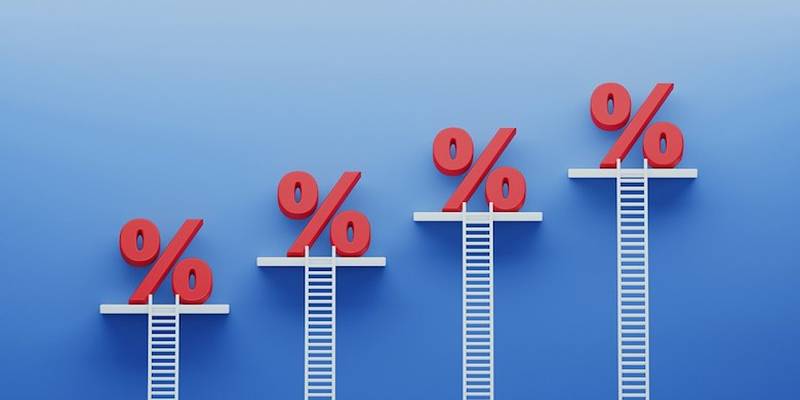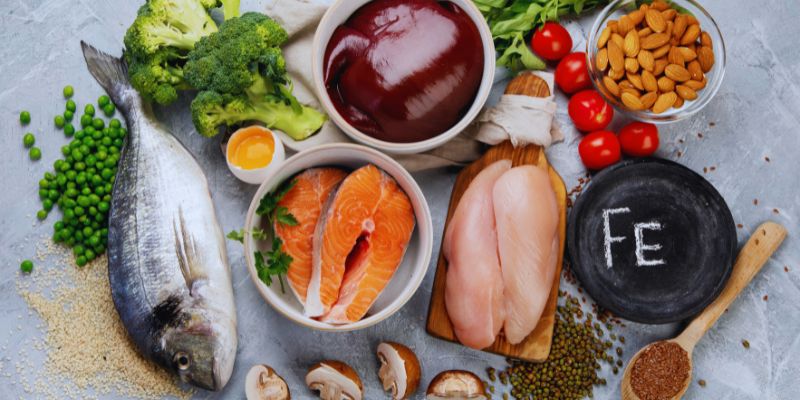Iron is a Godly metal that came down to us from space as meteors. Thinking of the world without iron is unimaginable, as is thinking of our body without iron (a mineral) because it's the primary building block of red blood cells and an essential part of hemoglobin. Red blood cells and hemoglobin supply oxygen from our lungs to the tissues and cells. Therefore, iron supports muscle metabolism and healthy connective tissue. The human body also needs this mineral to produce hormones, improve functioning, and create a stronger immune system.
Unfortunately, about one-third of the world's population suffers from iron deficiency. One of the major reasons for iron deficiency is poor diet. Whether you or any of your family members suffer from this deficiency, a healthy and balanced diet is the natural way to fulfil this deficiency. To know which foods you should actually include in your diet to get the required amount of iron daily, keep reading!
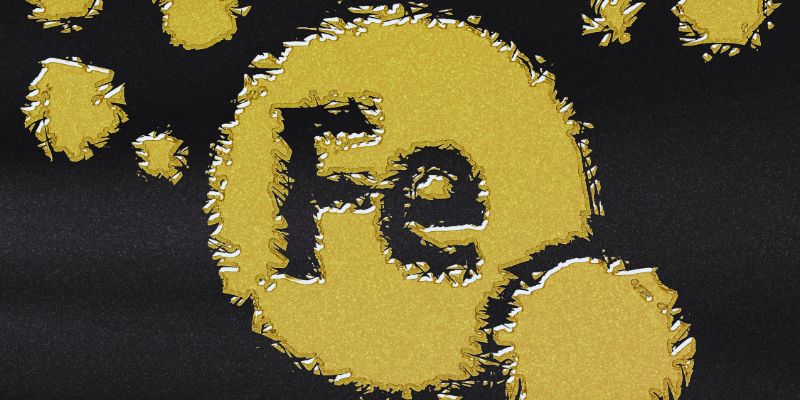
What is Iron?
Iron is a vital nutrient that comes from diet. The human body cannot store or make iron. The only way to get iron is by consuming or eating it. Iron is needed for various functions and is vital to your body. About 70% is in hemoglobin, a protein that helps supply oxygen to other body parts through red blood cells. 6% is found in other essential proteins; the remaining, almost 25%, is stored in the body as ferritin, which our body consumes when needed. The role of Iron in our body is categorized as follows.
- Oxygen Transportation: Hemoglobin, which accounts for almost 70% of Iron in your body, helps transport oxygen from your lungs to the rest of your body parts.
- Myoglobin: Myoglobin is another protein responsible for storing oxygen and the red color of muscles. Iron is also the main component of this protein.
- Enzymes: The enzymes are like catalysts that increase the chemical reaction necessary to perform different cell functions. Iron is also an integral part of these enzymes; it is involved in energy production.
- Immune System: A sufficient supply of Iron is a prerequisite for the immune system to function correctly.
How Much Iron Do You Need?
The recommended dietary intake of iron varies across different age groups. Typically, the iron requirements for different age groups are:
- Male 19 Years Old And Over: (8.7mg a day)
- Female 19 Year To 49 Year: (14.8mg a day)
- Female 50 And Over: (8.7mg a day)
The variation in women's iron needs is due to their menstrual cycles. Usually, women below 50 have periods that cause a lot of blood loss, which is also one of the main reasons for iron deficiency in the body. Women should take almost twice the dosage to balance their iron requirements. If you intake a higher quantity of Iron, whether in the form of organic food or supplements, it may cause constipation, sickness, and stomach pain. In case of very high doses, it can be fatal, especially for children.
What Are The Food Sources Of Iron?
Regarding iron intake, the following are two types of food sources:
- Haem Iron: Heam iron refers to extracting Iron from animal resources. It is found in animal tissues, including beef, lamb, chicken, and fish. These are all good sources for getting haem iron. It is abundantly found in the liver and kidneys of these animals, and the body absorbs it easily.
- Non-Haem Iron: Although non-haem is also present in animal-based products, it mainly refers to vegan iron sources. Good vegan sources include iron-fortified breakfast cereals, dried beans, lentils, whole grains, and legumes. If you rely solely on plant-based iron sources, you must consume twice as much as animal ones. Green leafy vegetables, broccoli, raisins, nuts, prunes, dried apricots, seeds, and peas are some other plant-based iron sources.
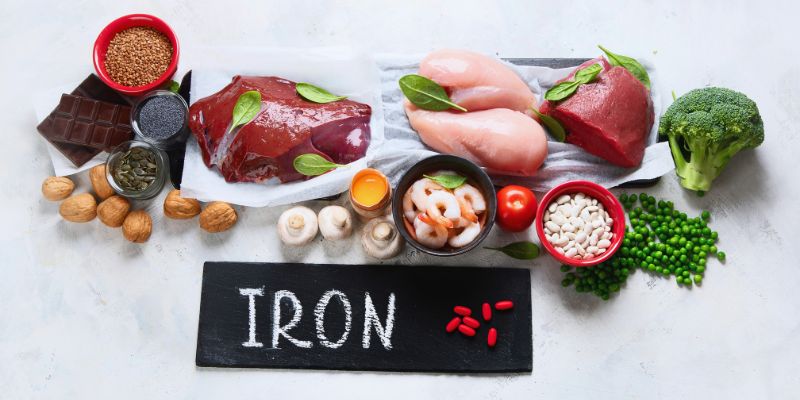
Stages And Symptoms Of Iron Deficiency
As we know, hemoglobin consumes most of the iron to supply oxygen from the lungs to other body parts. The rest is stored and used when needed or due to low iron intake. However, if your iron intake continues to be too low, this can cause these changes in your body over time:
- Iron Depletion: It mainly refers to a stage when your hemoglobin levels are normal, but your stored iron amount will run out soon; no visible changes or symptoms appear at this stage.
- Iron Deficiency: It happens when your stored iron and hemoglobin levels start dropping from the standard range; the main symptom you experience at this stage is tiredness.
- Iron Deficiency Anemia: This stage refers to a condition where hemoglobin levels are too low, and the body cannot supply enough oxygen to its cells. The main symptoms at this stage include paleness, breathlessness, fatigue, and dizziness. People who suffer from iron deficiency anemia are more exposed to infections as their immune systems are not working properly. In children, it can affect growth and brain development.
What Are The Cause Of Iron Deficiency In Adults?
Different things can cause iron deficiency, but most of the time, it is due to the following reasons:
- Low Iron Intake in Diet: Most of the time, our food lacks balance, leading to low iron intake; therefore, try to take a balanced approach to your dietary habits.
- Blood Loss: Blood loss, whether due to chronic ongoing conditions like regular nose bleeds, bleeding from ulcers, large intestine cancer, or the menstrual period in women, can lead to iron deficiency in the body.
- Exercise: Too much exercise also causes iron deficiency because more hemoglobin is required to fulfill the cell's oxygen needs, and sweating adds to this.
- Not Able To Absorb Iron: Sometimes, people's bodies cannot absorb Iron from food, which can lead to its deficiency.
Prevention of Iron Deficiency:
To reduce the risk of anemia or prevent iron deficiency, you should:
- Eat iron-rich foods, including seafood, dark green leafy vegetables, peas, dried fruits, and iron-fortified cereals.
- Start drinking citrus juices, especially when you are eating iron-rich foods. Vitamin C helps absorb dietary iron.
- To prevent iron deficiency in infants, feed your baby iron-fortified formula. Remember that cow's milk is not recommended for infants under one year and is not a good source of iron.
Conclusion:
Iron is an essential component that our body requires to perform its functions properly. From supplying oxygen to every cell through hemoglobin to keeping the body's muscles healthy, Iron is considered the primary building block. Taking it from animal—and plant-based sources is recommended. Plan your diet by considering iron as a vital component that helps in good body functions, a stronger immune system, and an energetic daily life.



